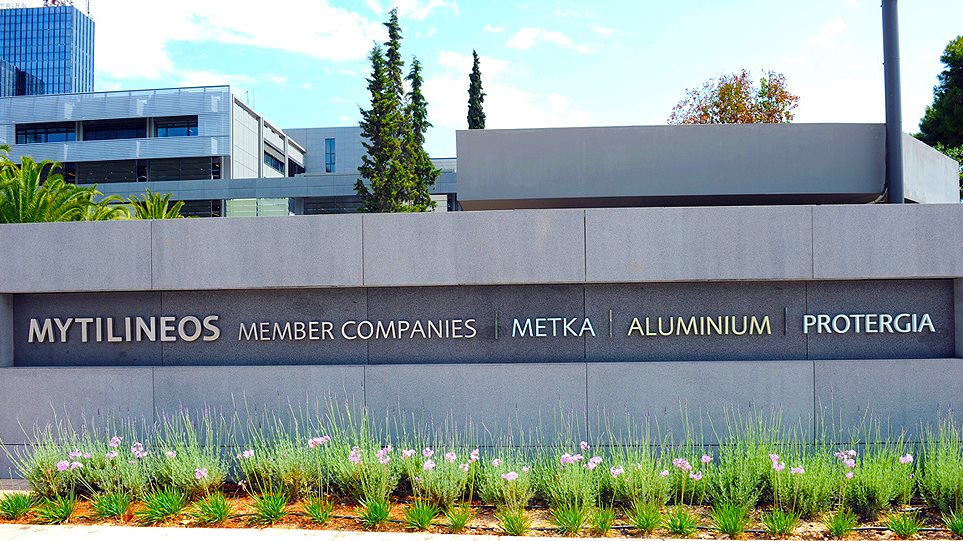The inauguration of the solar park took place on October 19, with local authorities, stakeholders, and project partners in attendance. The new solar park, which generates over 7.1 GWh of green energy annually, bolsters the use of renewable energy in the region's energy mix and contributes to the reduction of greenhouse gas emissions by 2,000 tons of CO2 equivalent each year.
“The solar park in Vidalengo is a significant project for the local economy and employment, as it serves as a model of circular economy with the production of mineral wool insulation materials, made from over 95% natural raw materials such as sand, water, and up to 80% recycled glass, all of which are fully recyclable,” said Gaetano Terrasini, CEO of Saint-Gobain Italia.
Gabriele Silva, METLEN's Asset Manager, noted: “We have been in Italy since 2018 and aim to install 3.7 GW of renewable power over the coming years. The Vidalengo project is METLEN’s first operational solar park in Italy.”
It is worth noting that in early 2022, METLEN and Saint-Gobain signed a ten-year power purchase agreement (PPA) via a direct line, with the energy produced from this specific solar park. This agreement secures a substantial part of the energy needs for Saint-Gobain’s factory in Vidalengo, enhancing the company's competitiveness by reducing operating costs through significant savings on network fees.
In addition, METLEN is actively involved in solar and storage projects across Italy in regions such as Sicily, Sardinia, Calabria, Campania, Veneto, Lazio, Romagna, and Abruzzo, with a total pipeline of 180 projects and 3.7 GW within the next four years. METLEN’s portfolio in Italy includes 2.4 GW of solar installations, 1.1 GW of energy storage, including an 8 MW project in Cheremule (Sardinia) already operational under the “Fast Reserve Service,” and an 84 MW storage project ready for construction (RTB). METLEN also encompasses 310 MW of brownfield wind farms under development in Sardinia, Basilicata, and Sicily, as well as a green hydrogen production cluster of around 40 MW in Apulia, half of which has already received positive environmental impact approval (VIA).















